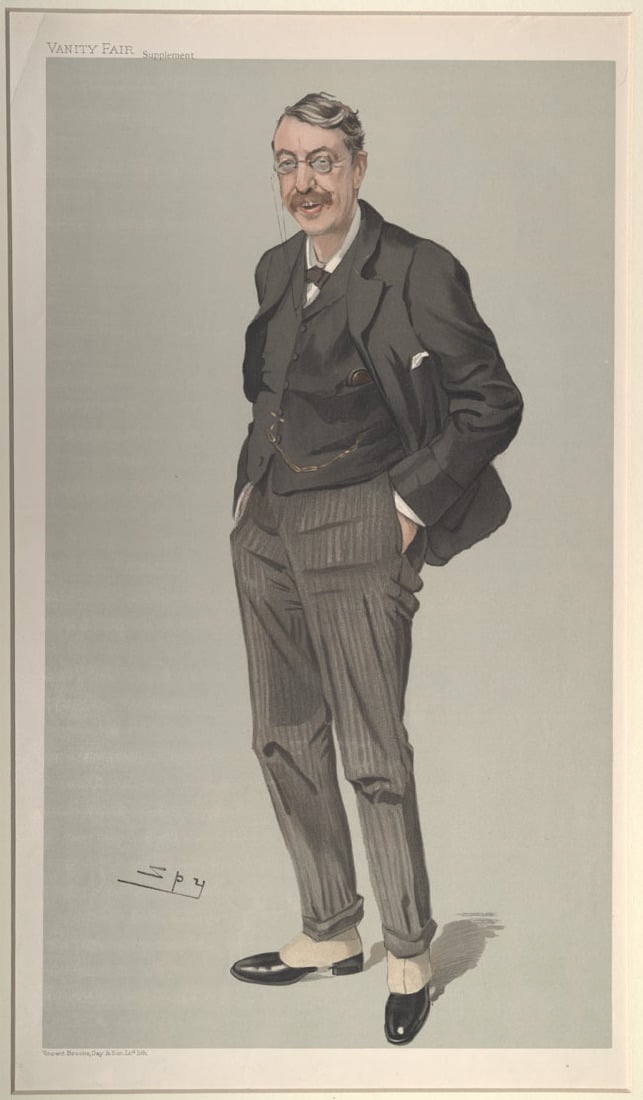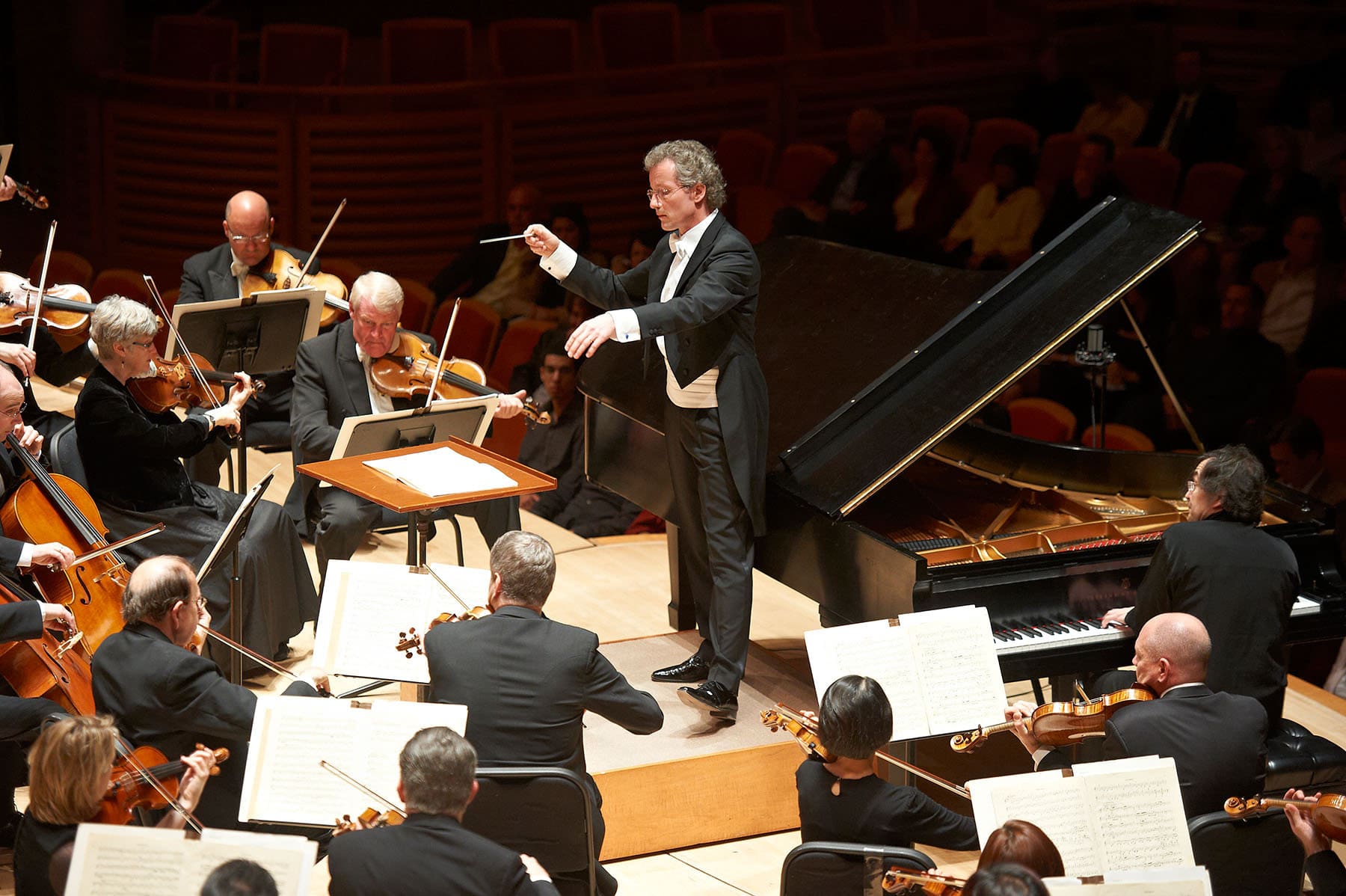The war requiem that got forgotten
mainTomorrow night, the BBC National Orchestra and Chorus of Wales will livestream the world premiere of Mass Via Victrix (1914-1918) by Charles Villiers Stanford, conducted by Adrian Partington.
Sir Charles Villiers Stanford finished ‘Via Victrix 1914-1918′ in December 1919. One movement, Gloria’, was performed in Cambridge in 1920, the rest was ignored.
Stanford, an Irishman once hailed as the British Brahms, was well out of fashion by 1920, but still. Why would a famous composer’s war Requiem be so totally ignored?
Mass Via Victrix (1914-1918) will be livestreamed via bbc.co.uk/BBCNOW around 8.30pm on Saturday 27 October.







You can download Vocal Score for free here
https://imslp.org/wiki/Mass_via_victrix,_Op.173_(Stanford,_Charles_Villiers)
Here’s another forgotten War Requiem: http://washingtonclassicalreview.com/2018/10/22/slatkin-cathedral-choral-forces-commemorate-the-armistice-with-epic-russian-rarity/
John Fould’s World Requiem is also unfortunately and incomprehensibly ignored.
(yes, I know about the few performances).
Thing is, it’s a mass, not a requiem, and there were already plenty of masses to choose from if you wanted that sort of thing. For something like a “war requiem” in line with the zeitgeist, there was Elgar’s Spirit of England, or on a more massive (ouch!) scale Foulds’ World Requiem. There’s no shortage of “unjustly” neglected “masterpieces” that might have been taken up by choral societies but for some reason weren’t. With the trend for these to be exhumed, we’re increasingly finding out why.
Stanford also wrote some truly beautiful, oldfashioned pieces which have a great freshness:
https://www.youtube.com/watch?v=dM4QQo6SoWU
https://www.youtube.com/watch?v=VOrkiLpqKWI
I was at the performance at Hoddinott Hall on Saturday and was hugely impressed by the size of the work and the quality of the writing, not least the independent orchestral part – very symphonic. The Gloria is particularly impressive, so it remains a mystery as to why, if this novement was performed at Cambridge in 1920, there was not eagerness to hear the rest! This is inspired Stanford, actually quite challenging for the choir (perhaps that is why it wasn’t taken up) but I hope it will not disappear again after the WW1 commemorations have ended. Yes, the vocal score is available online but, like so many British works of this period, this is only half the story, and the addition of the orchestral is a transformation and revelation. (Not sure why, but the Beethoven Missa Solemnis kept coming to mind.)
Re the Foulds World Requiem: I was at the Royal Albert Hall revival performance a few years back, but was decidedly underwhelmed despite having owned the vocal score for years and having looked at it in some anticipation.
For what it’s worth, my review of the Cardiff concert (also including fine music by Ernest Farrar, F. S. Kelly and Maurice Ravel) will appear in the Church Times shortly (probably 9 November issue).
Kabalevsky’s Requiem also got forgotten. Fortunately, there is a recording conducted by the composer himself, but the sound is so dry that you could fight moisture with it. The world is begging for somebody to revive that heartfelt and moving great work!